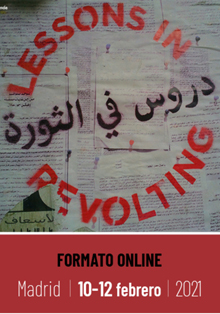María Muñoz
Analyst of Article 30
In August 2020, former US President Donald Trump announced that the United Arab Emirates and Israel had reached an agreement to normalize relations. At the same time, Sudan confirmed that they were in advanced talks with Tel Aviv. Subsequently, in September, Bahrain announced that it had reached a special agreement with Israel. Thus, on September 13, the signing ceremony of the Abrahram Accords took place in Washington DC, one of the most important events in international relations in recent years.
The pacts represent an unprecedented boost for peace in the region with a major impact on all the actors involved. Until now, only Jordan and Egypt maintained diplomatic relations with the Jewish State. However, these peace agreements go a step further with the aim of extending relations between the signatory countries to all layers of society (culture, education, technology) and is posed as an agreement for mutual understanding.
From the diplomatic point of view, it can be defined as the most brilliant operation that has ever taken place in a Middle East scenario with American mediation. Washington was able to take advantage of the existing dynamics in the region to establish a new scheme to reorganize the balances, thus curbing Iran’s expansionist aspirations and the presence of China and Russia.
The strategic approach is based on taking Palestine out of the equation. Until now, its approval was a prerequisite for the signing of any normalization agreement. In this way, the Arab countries are released from their commitment to the Palestinian cause, thus eliminating the possibility of vetoing any kind of pact. This does not mean that the cause is abandoned, but rather that it is put on the back burner.
The inevitable rapprochement with Israel stems from two trends. First, from the decline of US global engagement in the region in recent years and the disillusionment after the euphoria of the Arab Spring. On the other hand, for the Gulf countries, the fall in oil prices and scarcity of resources has forced them to diversify their economies and take an interest in Israel’s technological capabilities.
As for the new Biden presidency, no major changes in strategy in the region are foreseen. However, it is worth highlighting China’s growing position in the Middle East. These pacts have become “framework treaties”, laying the groundwork for future agreements. For this reason, countries such as Oman, Sudan and Morocco have already shown their interest in pursuing the same line of negotiations with Israel. Particular attention should be paid to the case of Morocco since its interests and diplomatic agenda directly affect Spain.
© This is a translation of the text published in Article 30, a Defense Policy specialized think tank






